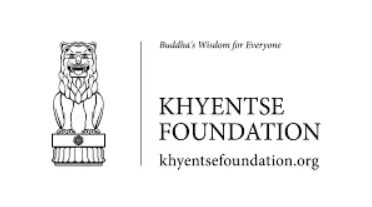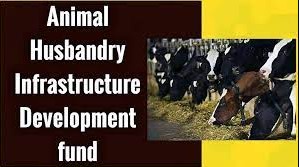Nehru Fellowship in Politics and Elections 2025
June 13, 2025

Bhubaneswar, April 30, 2025 – In a major boost to the agrarian economy, Odisha Chief Minister Mohan Charan Majhi launched a landmark direct benefit transfer (DBT) of over ?1,000 crore to more than 50 lakh farmers across the state under the CM Kisan Yojana, marking the occasion of Akshaya Tritiya.
Each eligible farmer received ?4,000 directly in their bank accounts, coinciding with the beginning of the agricultural season. The initiative aims to provide timely financial support for the purchase of seeds, fertilizers, and other farm inputs.
“Our farmers are the true custodians of Odisha’s prosperity,” said CM Majhi. “This initiative is a token of gratitude for their vital role in ensuring food security.”
Launched in 2025 during Nuakhai, the scheme provides ?4,000 annually in two installments.
?2,000 during Nuakhai
?2,000 during Akshaya Tritiya
Designed to support over 50 lakh farmers
Promotes sustainable agriculture, climate resilience, and financial security
The DBT system ensured seamless fund transfers, eliminating middlemen and enhancing transparency. The initiative has received strong support from farmer associations and rural communities.
The government has pledged to scale up the scheme, expanding its reach and reinforcing rural infrastructure and technological support.
With agriculture employing nearly 60% of Odisha’s population, initiatives like the CM Kisan Yojana are seen as vital tools for economic stability, food security, and rural development.

June 13, 2025

June 13, 2025

June 13, 2025

June 13, 2025

June 13, 2025

June 13, 2025

June 13, 2025

June 13, 2025

June 13, 2025

June 13, 2025